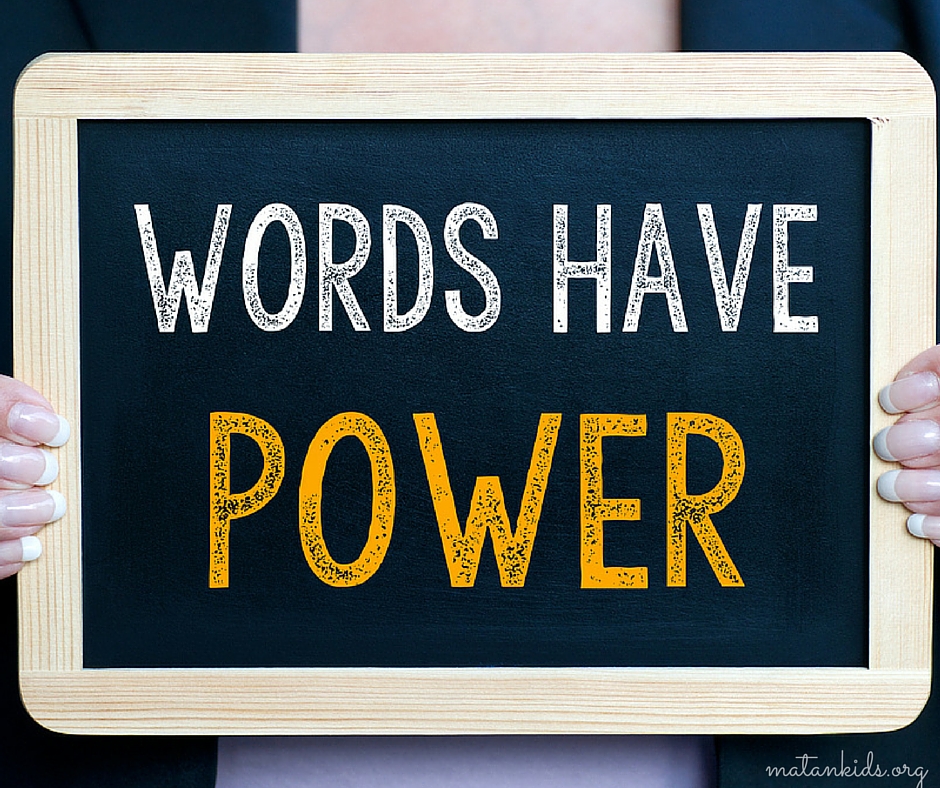 Perhaps the most important test of a real community is how it handles differences, particularly the ones that are difficult to understand and may feel threatening.
Perhaps the most important test of a real community is how it handles differences, particularly the ones that are difficult to understand and may feel threatening.
This week’s Torah portion presents the meticulous details of the case of the m’tzora, someone who is afflicted with a scaly rash that renders that person ritually impure. The text describes how the priest should investigate the case, taking note of the particular forms of the rash and its peculiarities. It also discusses the procedure for secluding that person for seven days while they return to a state of purity, a state that would enable them to return to being a regular member of the community.
I imagine that the procedure described here might resonate with those who are familiar with what happens when a child is diagnosed with a cognitive disability or behavioral disorder. It might begin when a concerned parent or teacher notices something different and takes that concern to someone with expertise or who holds a position of power. What begins as a display of concern for the child can sometimes become a rule-governed process of determining whether the difference is harmful or dangerous to the child or to others. Even as those with power offer to help, the process can be humiliating.
It often goes further. From the point of discovery or diagnosis forward the child is constantly being checked over for symptoms and signs: What does it mean when the child behaves this way or that? How should I respond in these situations? Each behavior is categorized according to the cannons of the profession. Even with the best of intentions the child may be treated much like our Torah portion’s afflicted person; as a collection of symptoms with no name or individual personality. The tendencies of our institutional structures demand that the child be given a label.
[Tweet “The tendencies of our institutional structures demand that the child be given a label.”]No matter how much discretion is used, people will know about that label, much as the priest cries out “Impure, impure” to inform the community of the diagnosis. One way or another the child is separated, perhaps even isolated, which all too often enhances the humiliation of the process undertaken in the name of the child’s welfare, much as the m’tzora is isolated during their period of purification.
Does our portion really suggest that the Torah condones the humiliation of people who are faced with a set of challenges that they often do not understand?
The ancient rabbinic understanding is that the scaly affliction develops in a person who has committed slander, an interpretation that derives from a word play connecting m’tzora with the Hebrew idiom for slander, motzi shem ra, which literally means “the one who brings forth a bad name.” The idea that this scaly affliction is a punishment for a speech act is a bold teaching about the power of words. The rabbis are observing that the source of humiliation and isolation are not our physical or even cognitive limitations but the words we use for them – the names –sheimot – that we give them.
The rabbis are suggesting that the punishment is a way of showing someone the harm that is done when they label people with a bad name. If you are going to categorize someone with a name that will make them feel humiliated, reduce them to a label and shun them, then perhaps you should know what that feels like. Perhaps we should all learn what that feels like.
Still, we can’t get away from the fact that the priest must announce the condition of the afflicted person — “Impure, impure!” In the end we can’t entirely get away from using words to categorize conditions. We can hope that understanding them offer solace and healing. A great deal depends on how we use these words. The challenge that faced the priests, the leaders, teachers and healers of ancient Israel, was whether they would use their words to hurt or to heal.
Inevitably, the diagnosis becomes known to people in the community. The priest, as leader, teacher and healer, has the power to teach understanding, compassion and acceptance instead of ignorance and shame. It all depends on how we use our words.
 Rabbi William Plevan is a doctoral candidate in Religion at Princeton University. As a student, rabbi and scholar he has actively participated in & organized interfaith dialogue efforts between Christians, Jews and Muslims. While studying at the Jewish Theological Seminary, he served as the President of the Rabbinical School Students Association and chaired its curriculum committee for three years. William also serves as the President of the Matan Board of Trustees. He lives in New York City with his wife and son.
Rabbi William Plevan is a doctoral candidate in Religion at Princeton University. As a student, rabbi and scholar he has actively participated in & organized interfaith dialogue efforts between Christians, Jews and Muslims. While studying at the Jewish Theological Seminary, he served as the President of the Rabbinical School Students Association and chaired its curriculum committee for three years. William also serves as the President of the Matan Board of Trustees. He lives in New York City with his wife and son.
